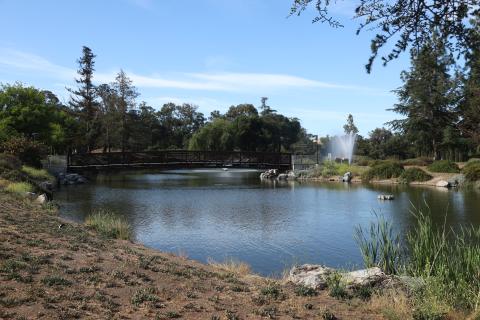Overview.
The study of history as an academic discipline is serious and systematic. Historians analyze the events and processes of the past, both to gain more understanding of human nature, in any place and at any time, and to explain the distinctive dynamics of particular societies, usually in regional and chronological contexts. Moreover, we see historical study as a fundamental contribution to liberal, humanistic education and the development of critical intelligence. Hence our history courses are intended to strengthen critical skills students will use in any field of study and/or profession. In addition, studying the past will prepare students to better discharge the responsibilities of citizenship. Most careers in history require education beyond the associate degree and some require a graduate degree. The most common career options for students with history preparation include: archivist, business person, diplomatic corps, government analyst, historian, journalist, lawyer, librarian, museum curator, park historian, professor, teacher and writer.

To be awarded the Associate Degree for Transfer, students must have the following:
- Completion of 60 CSU transferable semester units.
- A minimum of at least 2.0 GPA in CSU transferable courses (note that a higher GPA may be required in some institutions).
- Completion of at least 18 units in the major with a grade of “C” or better. A “P” (Pass) grade is also an acceptable grade for courses in the major if the course is taken on a Pass/No Pass basis.
- Certified completion of the CSU General Education-Breadth (CSU GE-Breadth) requirements, or completion of the Intersegmental General Education Transfer Curriculum (IGETC) for CSU requirements.
Please Note: No more than 60 semester units are required for this degree and no additional requirements will be imposed by Evergreen Valley College.
What is a Program Map?
A program map is a suggested semester-by-semester plan to help you complete the courses required for a particular degree or certificate. It is based on the major sheet for the particular degree or certificate you are interested in. It includes courses required for the major, general education and any necessary electives.
A program map is a representation of the major sheet. It includes the specific specialty courses in a major, general education courses and any necessary electives.
What is a Major Sheet?
A major sheet includes a description of the program you are interested in, what you can expect to learn once you have completed the program (Program Learning Outcomes) and the specific specialty courses you will need to complete within a major.